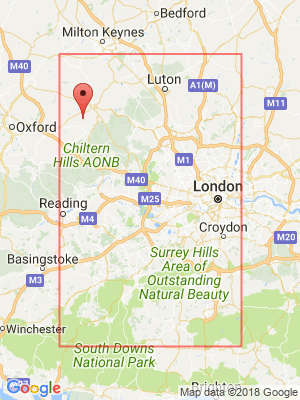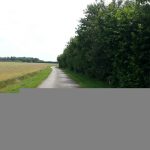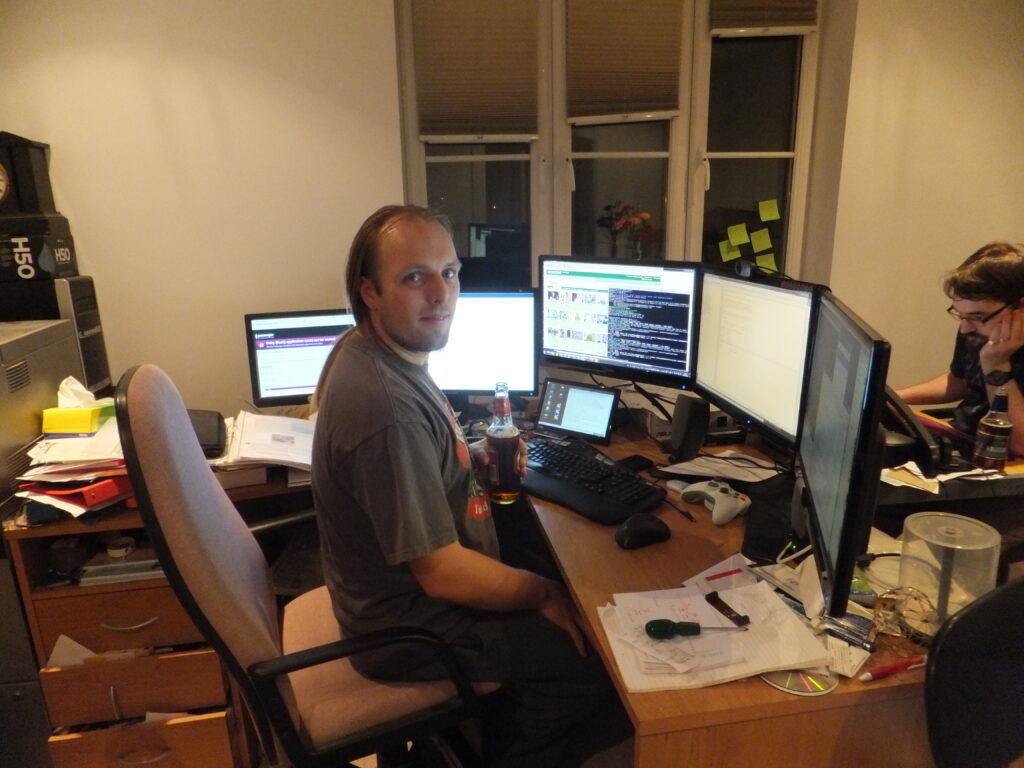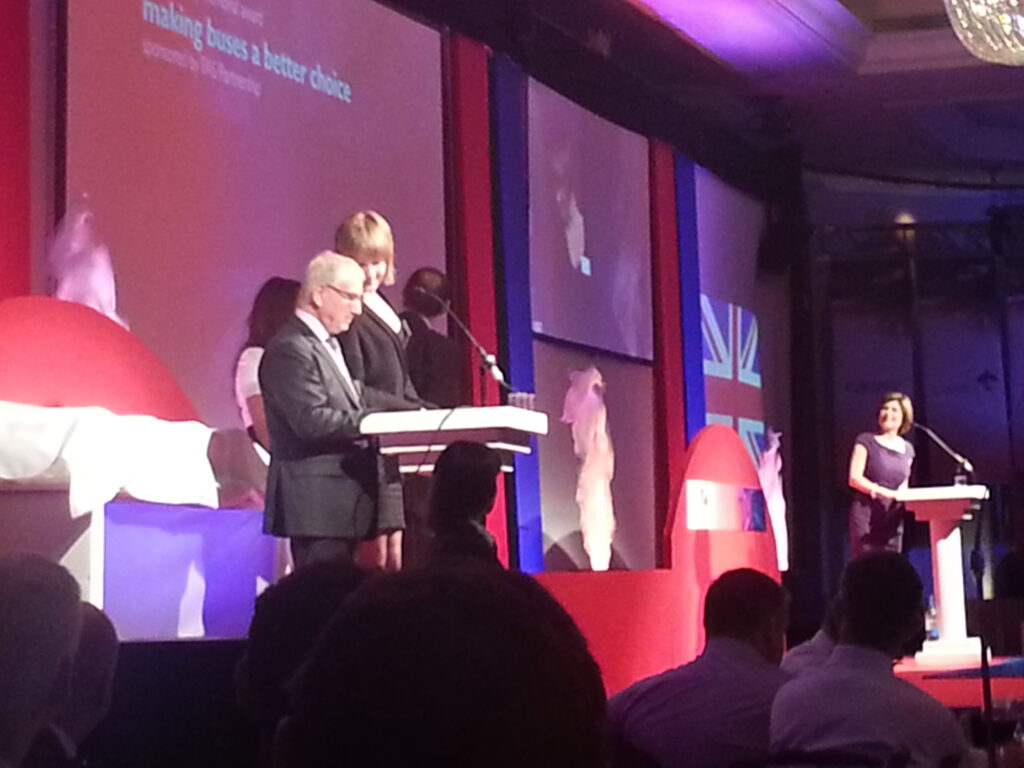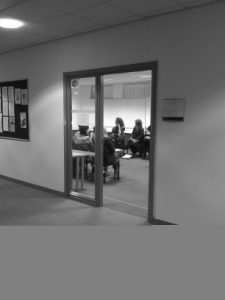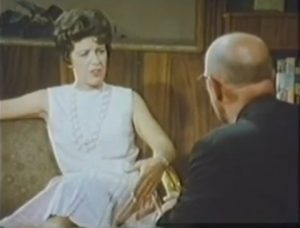This post is part of my attempt at Bloganuary 2024. Today’s prompt is:
What colleges have you attended?
I feel like this question might be a little US-centric? Or at least, not UK-friendly! The question doesn’t translate well because of transatlantic differences in our higher education systems (even after I skimmed a guide to higher education across the pond).
Let’s try instead enumerating the education establishments I’ve attended post-school. There’ve been a few!
Preston College
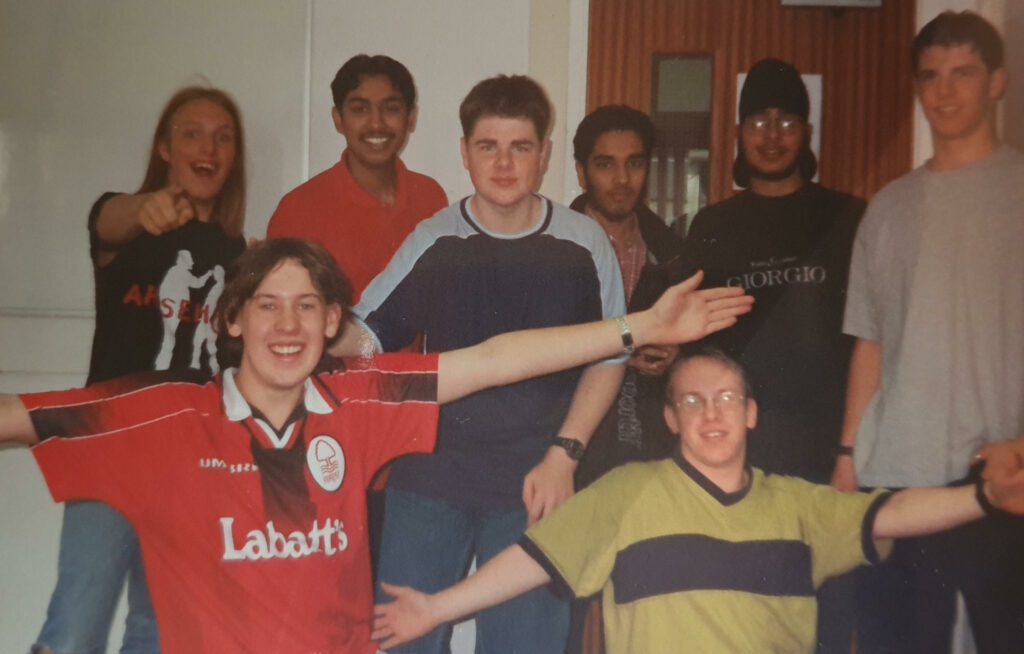
Nowadays young adults are required to be enrolled in education or training until the age of 18, but that wasn’t the case when I finished secondary school at 16. Because my school didn’t yet offer a “sixth form” (education for 16-18 year olds), I registered with Preston College to study A-Levels in Computing, Maths, Psychology, and General Studies.
The first of these choices reflected my intention to go on to study Computer Science at University1. Psychology was chosen out of personal interest, and General Studies was a filler to round-out my programme.
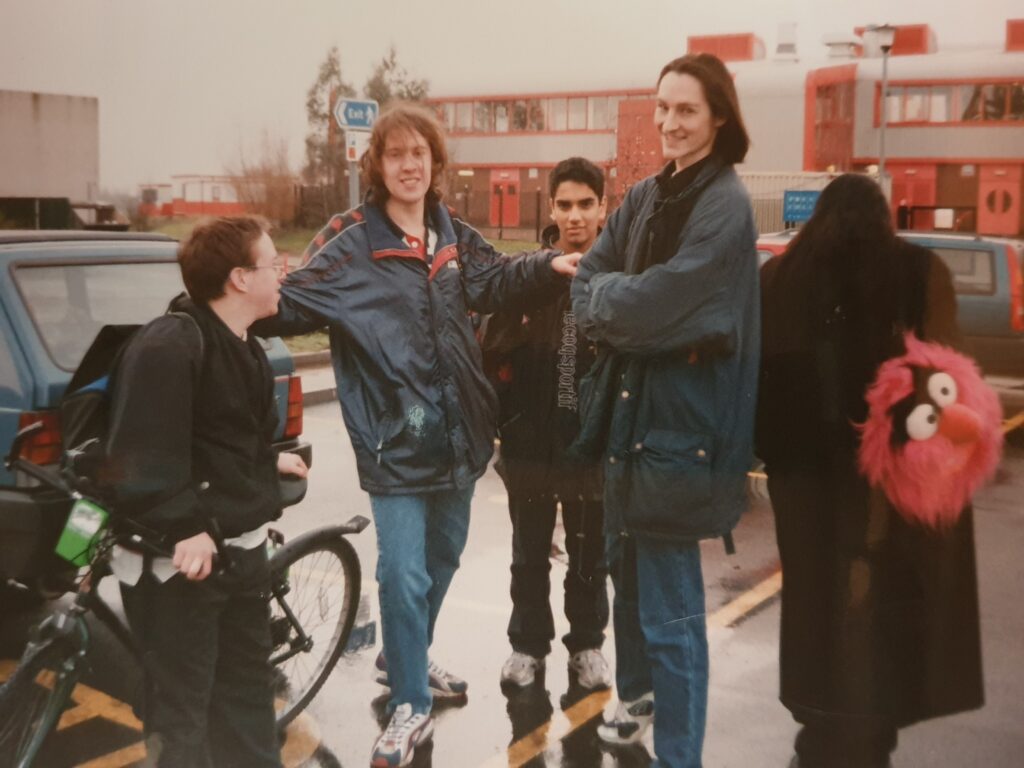
Aberystwyth University
Then known as the University of Wales, Aberystwyth, this became my next academic destination as I pursued an undergraduate degree in Computer Science with Software Engineering.
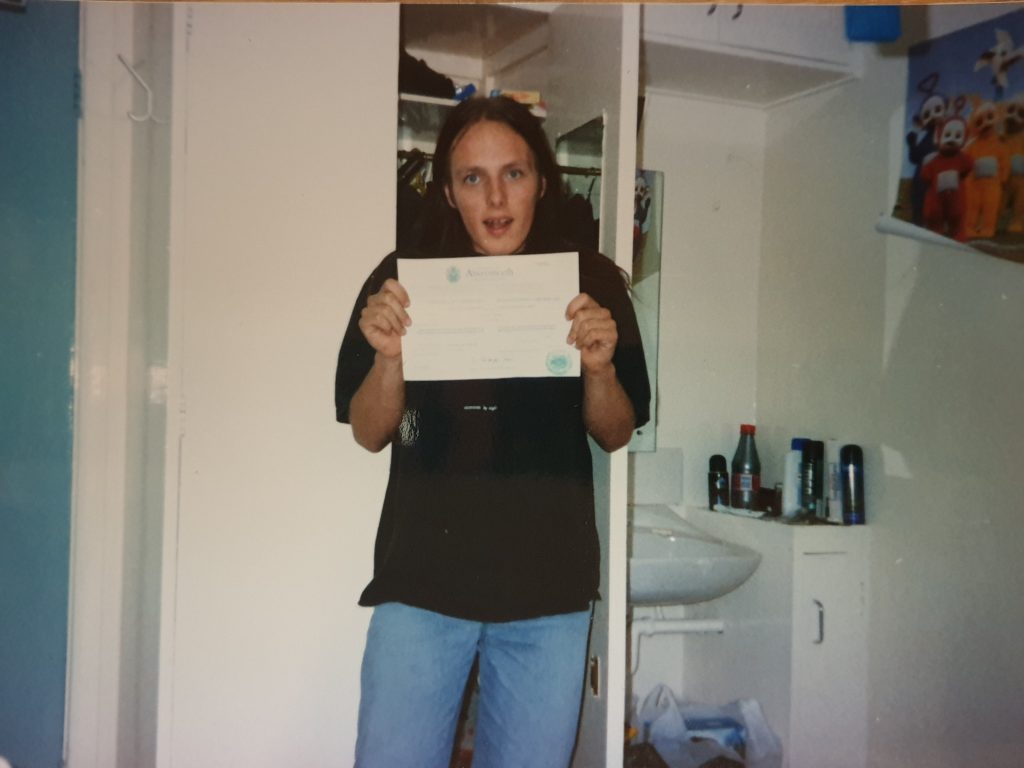
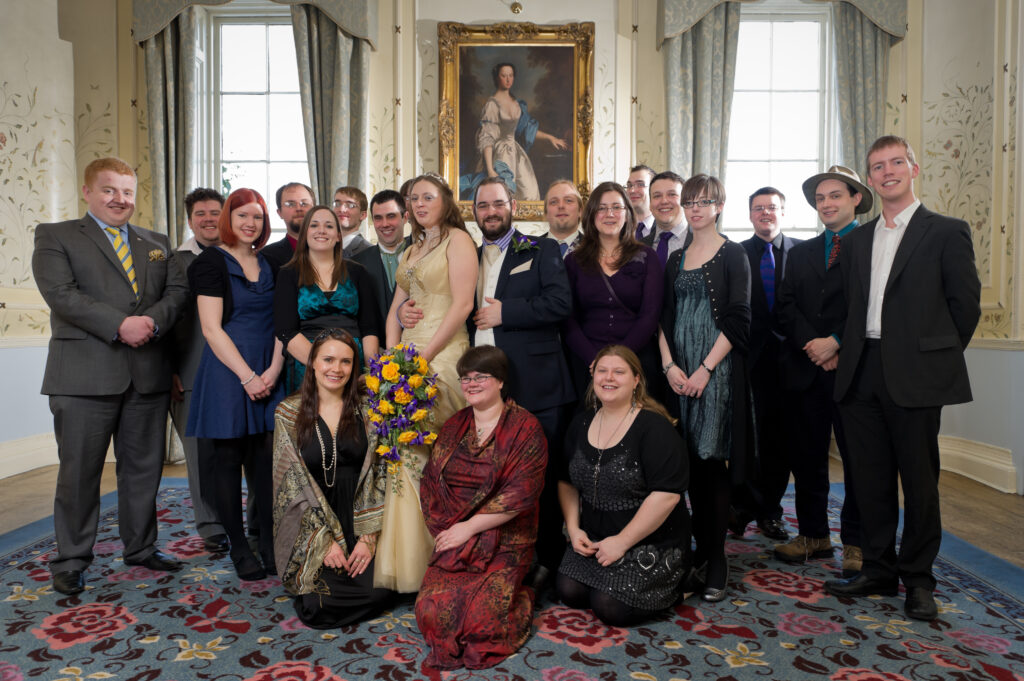
Since then, I’ve used my Software Engineering degree for… almost nothing. I started working at SmartData before I’d even completed it; the Bodleian required that I had one but didn’t care what the subject was, and I’m not certain that Automattic even asked. But I still appreciate some of the theoretical grounding it gave me, which helps me when I learn new concepts to this day4.
Aylesbury College
Almost a decade later, the academic bug bit me again and I decided to study towards a foundation degree in Counselling & Psychotherapy! I figured that it I were going to have one degree that I never use, I might as well have two of them, right?
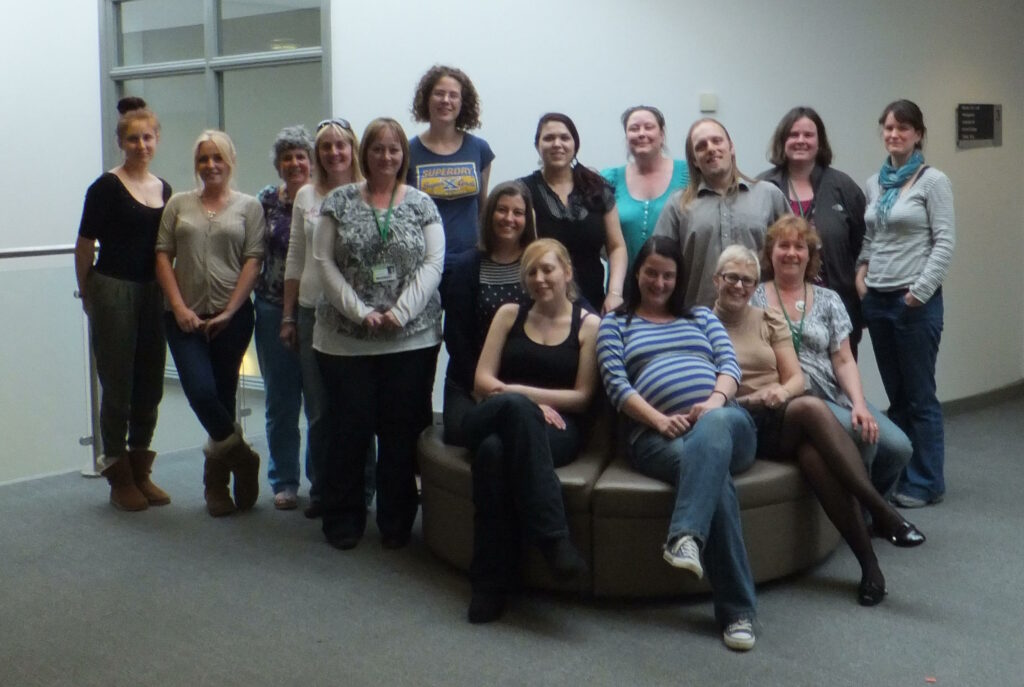
The academic parts5 of the work could be done remotely, but I needed to zip back and forth to Aylesbury on Monday evenings for several years for the practical parts.
The Open University
Almost another decade passed then I decided it was time to break into academia a further time. This time, I decided to build on my existing knowledge from my first degree plus the subsequent experience and qualifications I’d gained in ethical hacking and penetration testing, and decided to go for a masters degree in Information Security and Forensics! I even managed to do some original research for my dissertation, although it’s terribly uninteresting because all it possibly managed to prove was the null hypothesis.
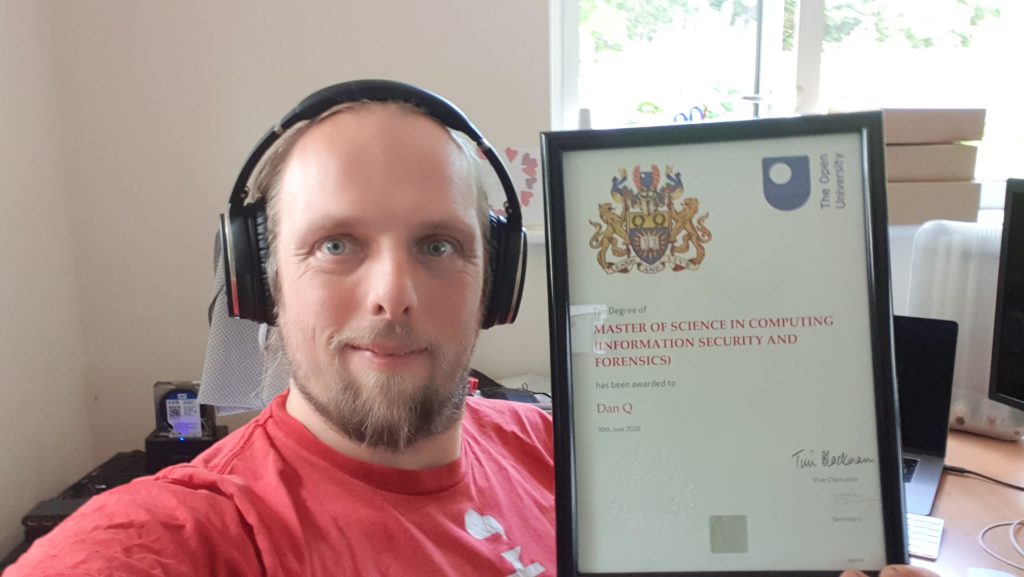
Something I’d discovered having been a student in my teens, in my 20s, in my 30s, and in my 40s… is that it gets harder! Whereas in my 20s I could put in an overnight cram session and ace an exam, in my 40s I absolutely needed to spend the time studying and revising over many weeks before information would become concrete in my mind!6 It almost feels like it’s a physical effort to shunt things into my brain, where once it was near-effortlessly easy.
People have occasionally suggested that I might push my field(s) even further and do a doctorate someday. I don’t think that’s for me. A masters in a subdiscipline was plenty narrow-enough a field for my interests: I’d far rather study something new.
Maybe there’s another degree in my sometime, someday, but it’s probably a bachelors!
Footnotes
1 I figured that an A-Level in Maths would be essential for admission to a Computer Science degree, but it very definitely wasn’t, though it helped out in other ways.
2 The ubiquity of digital photography nowadays makes it easy to forget that snapping a picture to share with friends used to be really hard work.
3 Little did I know that 20 years later Three Rings would still be going strong, now supporting ~60,000 volunteers in half a dozen countries!
4 While I love and am defensive of self-taught programmers, and feel that bootcamp-plus-experience is absolutely sufficient for many individuals to excel in my industry, there are certain topics – like compiler theory, data structures and algorithms, growth rates of function complexity, etc. – that are just better to learn in an academic setting, and which in turn can help bootstrap you every time you need to learn a new programming language or paradigm. Not to mention the benefit of “learning how to learn”, for which university can be great. It’s a bloody expensive way to get those skills, especially nowadays, though!
5 I was surprised to find that the academic bits of my course in counselling and psychotherapy were more-interesting than the practical bits. See for example my blog post about enjoying a deep dive into the background of The Gloria Films. I learned a lot from the practical bits too, mind.
6 I probably didn’t do myself any favours by beginning Automattic’s intensive and challenging recruitment process while wrapping up my masters degree though.
